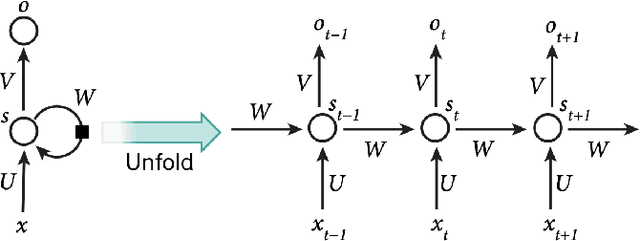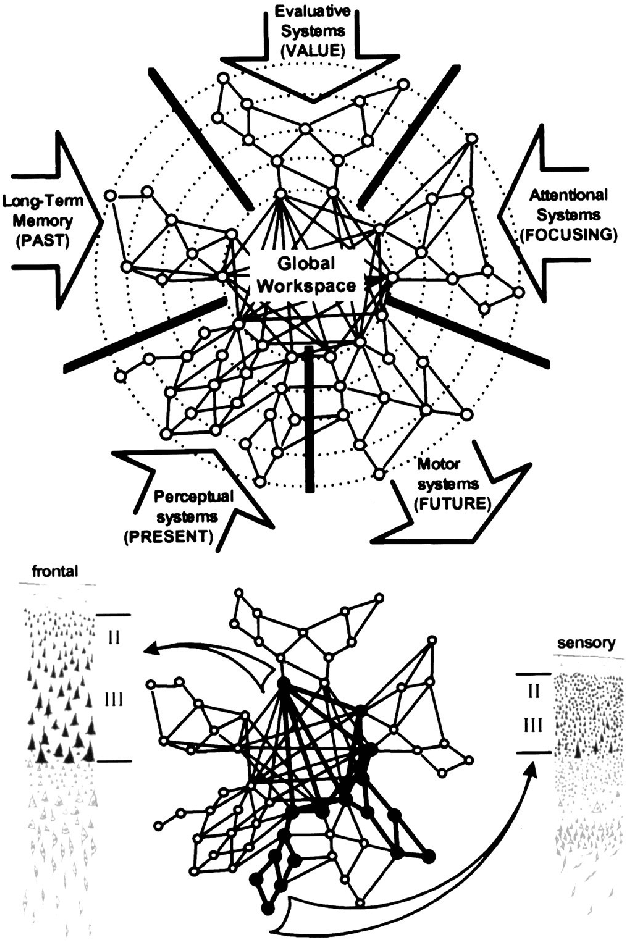Jonathan Simon
Multi-Turn Puzzles: Evaluating Interactive Reasoning and Strategic Dialogue in LLMs
Aug 13, 2025Abstract:Large language models (LLMs) excel at solving problems with clear and complete statements, but often struggle with nuanced environments or interactive tasks which are common in most real-world scenarios. This highlights the critical need for developing LLMs that can effectively engage in logically consistent multi-turn dialogue, seek information and reason with incomplete data. To this end, we introduce a novel benchmark comprising a suite of multi-turn tasks each designed to test specific reasoning, interactive dialogue, and information-seeking abilities. These tasks have deterministic scoring mechanisms, thus eliminating the need for human intervention. Evaluating frontier models on our benchmark reveals significant headroom. Our analysis shows that most errors emerge from poor instruction following, reasoning failures, and poor planning. This benchmark provides valuable insights into the strengths and weaknesses of current LLMs in handling complex, interactive scenarios and offers a robust platform for future research aimed at improving these critical capabilities.
Consciousness in Artificial Intelligence: Insights from the Science of Consciousness
Aug 22, 2023



Abstract:Whether current or near-term AI systems could be conscious is a topic of scientific interest and increasing public concern. This report argues for, and exemplifies, a rigorous and empirically grounded approach to AI consciousness: assessing existing AI systems in detail, in light of our best-supported neuroscientific theories of consciousness. We survey several prominent scientific theories of consciousness, including recurrent processing theory, global workspace theory, higher-order theories, predictive processing, and attention schema theory. From these theories we derive "indicator properties" of consciousness, elucidated in computational terms that allow us to assess AI systems for these properties. We use these indicator properties to assess several recent AI systems, and we discuss how future systems might implement them. Our analysis suggests that no current AI systems are conscious, but also suggests that there are no obvious technical barriers to building AI systems which satisfy these indicators.
Sources of Richness and Ineffability for Phenomenally Conscious States
Mar 01, 2023



Abstract:Conscious states (states that there is something it is like to be in) seem both rich or full of detail, and ineffable or hard to fully describe or recall. The problem of ineffability, in particular, is a longstanding issue in philosophy that partly motivates the explanatory gap: the belief that consciousness cannot be reduced to underlying physical processes. Here, we provide an information theoretic dynamical systems perspective on the richness and ineffability of consciousness. In our framework, the richness of conscious experience corresponds to the amount of information in a conscious state and ineffability corresponds to the amount of information lost at different stages of processing. We describe how attractor dynamics in working memory would induce impoverished recollections of our original experiences, how the discrete symbolic nature of language is insufficient for describing the rich and high-dimensional structure of experiences, and how similarity in the cognitive function of two individuals relates to improved communicability of their experiences to each other. While our model may not settle all questions relating to the explanatory gap, it makes progress toward a fully physicalist explanation of the richness and ineffability of conscious experience: two important aspects that seem to be part of what makes qualitative character so puzzling.
 Add to Chrome
Add to Chrome Add to Firefox
Add to Firefox Add to Edge
Add to Edge